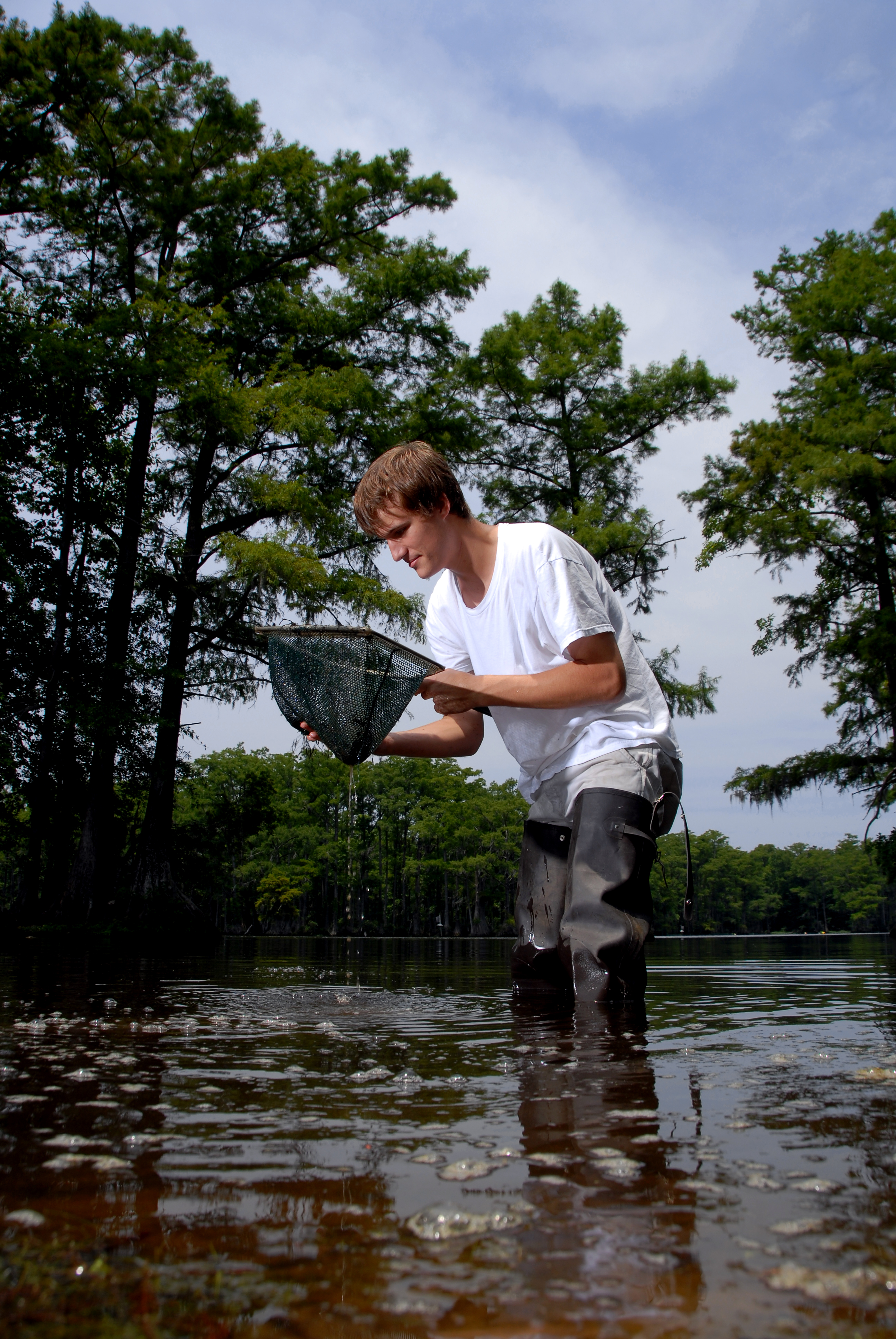Engaging North Carolina
Gates County

Quick Facts
Students: 19Applicants: 12
Alumni: 136
Park Scholars: 0
Goodnight Scholars: 0
Caldwell Fellows: 0
Mostly rural Gates County, established on Feb. 12, 1779, is one of the least populous counties in the state, with 11,544 residents and a total employment of 1,426 (12.6%). The county seat is Gatesville, about 140 miles northeast of Raleigh. The county and city are both named for Revolutionary War commander Gen. Horatio Gates.
The county, located between the Chowan River and the Virginia border, is part of the Virginia Beach-Norfolk-Newport News Metropolitan Statistical Area.
The county’s most profitable agricultural product is poultry/eggs, while the largest product by acreage is soybeans. The type of livestock produced most by total number is meat-type chickens.
The largest manufacturer is Ashton Lewis Lumber (the county’s third-largest employer), which manufactures lumber products and employs about 75 workers.
The county is served by Roanoke-Chowan Community College, which is part of the 58-school North Carolina Community College System and is located in Ahoskie, in neighboring Hertford County.
NC State is Here
An Important Dismal Place
The 3,815-acre Chowan Swamp, located some 180 miles away from NC State’s main campus, is in the state’s northeastern corner, just west of the Great Dismal Swamp. Located on the last bend of the blackwater Chowan River near the North Carolina-Virginia state line, it supports a rich network of creeks, swamps and ecosystems as it flows into Albemarle Sound.
Large cypress trees — some of the oldest on the planet — grow along the swamp’s shoreline. Groves of native longleaf pines are part of the swamp, as are Atlantic white cedar when not knocked down by hurricanes. Alligators are abundant, black bears are growing in number and red-cockaded woodpeckers make their home in the swamp. Seasonal wildlife visitors include songbirds and wood ducks.
No current research is being done in the swamp, which is jointly owned by the North Carolina Wildlife Resources Commission, the NC State Natural Resources Foundation, the North Carolina Division of Parks and Recreation and NC State University.

A student works on a project in Merchants Millpond State Park outside Gatesville.
1 of 1
Pride of the Pack
Boarder, Stenographer — and Women’s Rights Activist
Elsie Garnett Riddick’s ties to the early days of North Carolina State College were coincidental, not official. When Riddick was looking for somewhere to live in Raleigh, as a single female stenographer the only place she could find was with her uncle, Wallace Carl Riddick, an NC State engineering professor. From her boarding room in her uncle’s home, she became one of the state’s leading suffragists and advocates for women’s rights.
Born in Gatesville, Elsie Riddick was educated at the Women’s College of North Carolina (now UNC Greensboro) and served as a bookkeeper and stenographer for several companies before taking a job with the North Carolina Agricultural Commission in Raleigh. She helped form the Equal Suffrage League of Raleigh and fought for women’s right to vote, which the state passed in 1920 under the guidance of North Carolina lieutenant governor and NC State graduate O. Max Gardner of Shelby. (Read more.)